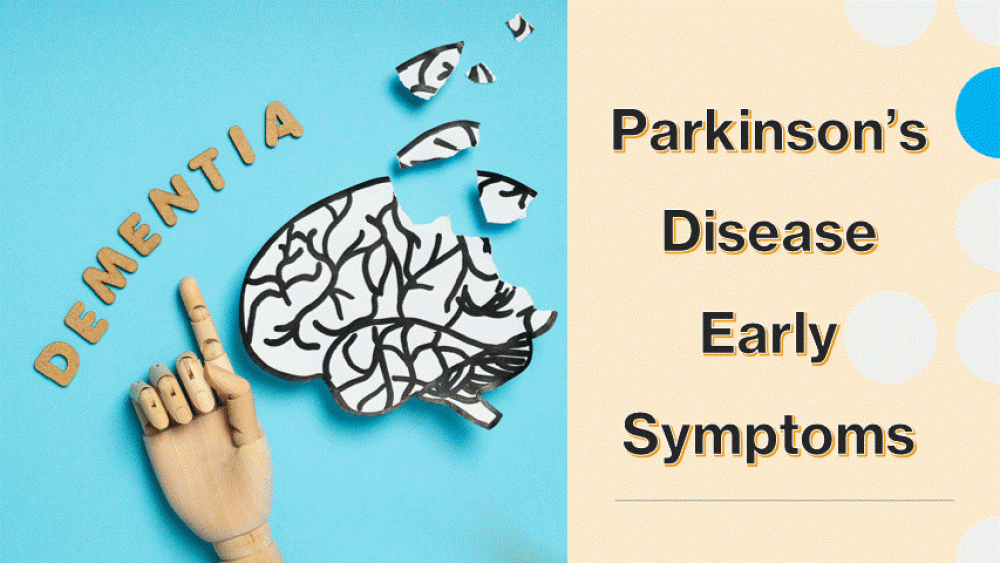World Dengue Day 2025: The Rising Public Health Threat and Global Wake-Up Call
Posted 8 months ago
The theme for National Dengue Day 2025, “Act Early, Prevent Dengue: Clean Surroundings, Healthy Living,” emphasizes the vital role of timely action and maintaining cleanliness to protect against dengue. It encourages individuals, families, and communities to stay alert, keep their environments clean, and work together to reduce the risk of mosquito-borne infections.
Want to Know More about Dengue. Here is a Playlist in Urdu Language
As the World observes World Dengue Day 2025, the urgency of dengue's global burden is not just a seasonal alert; it is a call for immediate and decisive action to combat the fastest-spreading vector-borne disease on the planet.
An impressive study published by PLOS Neglected Tropical Diseases this March brings urgency to this narrative. According to the analysis led by Zhang et al., dengue cases skyrocketed from 26.45 million in 1990 to nearly 59 million in 2021, with deaths doubling to 29,075 and disability-adjusted life years (DALYs) rising from 1.25 million to 2.08 million. These statistics reveal not just a surge in numbers but a structural health crisis unfolding globally, particularly in South Asia, Southeast Asia, and Latin America.
From Coastal Lines to Concrete Jungles: Dengue Knows No Borders, Requires Global ResponseOnce considered a tropical ailment, dengue has now morphed into a global threat, infiltrating urban centers with alarming speed. The rise in sea levels and climate variability, particularly in the coastal regions of Asia, is directly fueling vector populations. Alarmingly, Aedes aegypti mosquitoes, which are typically freshwater breeders, are now showing genetic adaptations to saline water, expanding their reach due to saltwater intrusion caused by rising sea levels.
"Unchecked urban sprawl, climate extremes, and poor sanitation are weaponizing mosquitoes with unprecedented reach," said Prof. Dr. Muhammad Mukhtar. "But with coordinated action, education, and innovation, we can pivot toward containment. Our unity is our strength in this battle."
High-Income, High-Risk: A New Shift in Disease Geography
The Zhang study also reveals a counterintuitive trend: while middle- and low-middle Socio-Demographic Index (SDI) countries bear the heaviest burden, the fastest growth rates in incidence, mortality, and Disability-Adjusted Life Years (DALYs) are now emerging in high SDI regions. Places like North America, Australia, and even Singapore are experiencing sharp increases due to global mobility, trade practices (such as shipping used tires that harbor mosquito eggs), and travelers introducing infections into previously unaffected areas.
Dengue is no longer someone else's problem, it's everyone's.
Children and Elders: The Double-Edged Vulnerability
Another critical insight is the age-specific impact of the disease. While adolescents and older adults showed high infection rates, the DALYs peaked in children under five, pointing to a devastating loss of healthy life in the youngest segment of society. Antibody-dependent enhancement may play a role here, where maternal antibodies, rather than protecting infants, actually increase disease severity.
Meanwhile, men experience higher mortality and health burden, even though women have higher reported case numbers. This discrepancy may stem from behavioral factors, such as men's delayed medical consultations, a phenomenon that warrants targeted health communication.
The Vaccine Frontier and What Lies Ahead
While vector control and community hygiene remain the frontlines of defense, the WHO's endorsement of the Qdenga vaccine in 2023 brought a glimmer of hope. However, logistical, economic, and policy hurdles continue to limit widespread adoption. The situation demands a global fund for dengue vaccine equity, particularly for low-income nations already struggling with fragile health systems.
The World Cannot Afford to Wait.
On this World Dengue Day 2025, governments, public health institutions, and civil societies must move beyond symbolic awareness and into sustainable action. Embedding climate-resilient infrastructure, enforcing urban sanitation codes, regulating trade pathways, investing in diagnostics, and supporting gender- and age-specific awareness campaigns are no longer optional.
As Prof. Dr. Muhammad Mukhtar emphasizes in his briefings, "Health security today is not confined to borders; our collective response to shared threats defines it."
Let this be the year dengue doesn't just make headlines - but loses its stronghold.





